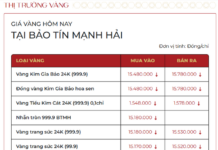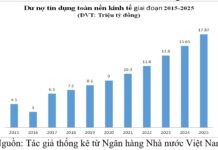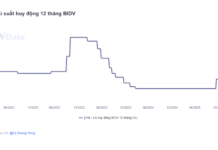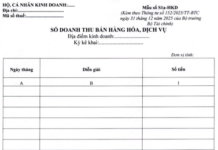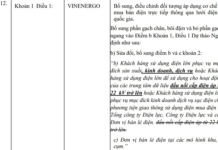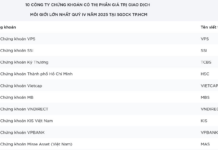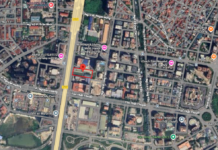Real Estate Exchange Registration
The government has issued Decree 96/2024/ND-CP, providing detailed regulations on real estate business, including specific provisions for real estate trading floors.
According to the Decree, organizations or individuals intending to establish a real estate trading floor must submit the prescribed documents to the provincial-level state management agency for real estate business. This can be done in person, through the postal system, or online. The agency will then issue an operation license.
The registration dossier includes: 1) Application form for the operation of the real estate trading floor (as per Appendix XVII); 2) Enterprise registration certificate as stipulated in Clause 5, Article 9 of the Law on Real Estate Business; 3) Documents proving the right to use the trading floor’s headquarters; 4) Copy of the certificate of completion of the management and operation training course for the real estate trading floor manager; and 5) List of real estate brokers who have been granted practice certificates.

Illustrative image
Within 15 working days from the receipt of complete documents, the state management agency for real estate business at the provincial level shall inspect the dossier and issue an Operation License for the real estate trading floor (as per Appendix XVIII). If the application is denied, the agency must provide a written explanation stating the reasons.
After issuing the Operation License, the provincial-level state management agency for real estate business shall report to the Ministry of Construction to post information about the real estate trading floor on the Ministry’s website. The information to be posted includes: Name of the trading floor; Name of the enterprise establishing the trading floor; Name of the trading floor manager; Address and contact number of the trading floor.
Operating Conditions for Real Estate Trading Floors
Decree 96/2024/ND-CP provides detailed regulations on real estate business and specifically addresses real estate trading floors.
The Decree states that real estate trading floors must meet the conditions stipulated in Article 55 of the Law on Real Estate Business. The legal representative of the enterprise and the manager of the real estate trading floor are responsible for its operations. The legal representative of the trading floor can also be its manager.
The real estate trading floor must have a stable name, address, and technical facilities for at least 12 months, meeting the requirements of its operational content. It is also responsible for implementing anti-money laundering measures and reporting in accordance with the law on anti-money laundering.
Real estate transactions conducted directly must be confirmed in writing. In the case of electronic transactions, confirmations must comply with the Law on Electronic Transactions, the law on e-commerce, and related legal documents. The transaction confirmation must include the signatures of the enterprise’s representative (project investor or property owner), the representative of the real estate trading floor, and the individual broker, along with the corresponding enterprise seals for each transaction type.







